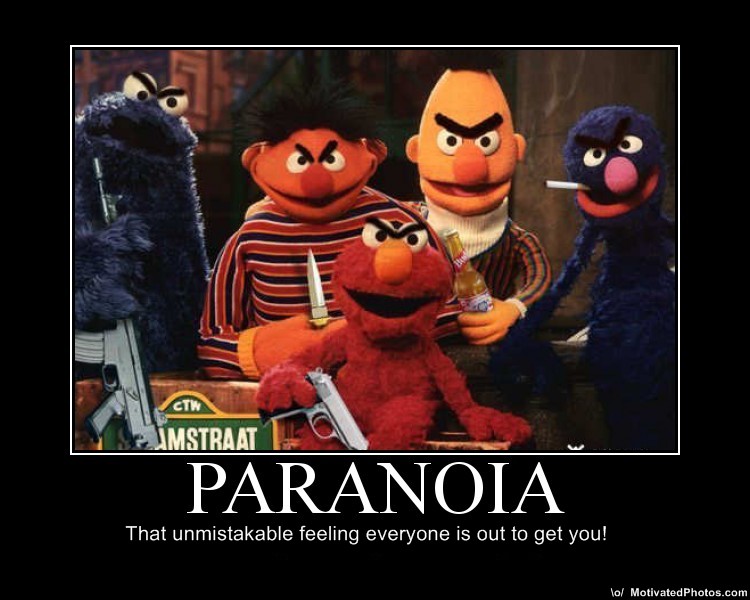A reader who recently found the two posts I wrote on addicts as compulsive liars had a sad story to share. Her husband, a compulsive spender, gambler and drinker, lies to her all the time. He apparently sucks at it. She always finds out.
Mood music:
How, she asked me, does she deal with a person like this? She still loves him, and in many respects he’s still the great guy. But lies are a cancer on even the most tried and true relationships.
It’s a hard question for me to answer. For one thing, it’s self-serving of me to tell a person like you how to talk to a person like me. My instinct will naturally be to tell you to go easy on him and calmly talk it through. It is true that yelling at a liar won’t make him stop. In fact, it will probably compel him to lie even more, convinced that any shred of honesty will result in a verbal beating every time.
This part has been especially challenging for me over the years. I grew up in a family where there was constant yelling. Because of that, I react to yelling like one might react to gunshots. I instinctively avoid it at all costs, and that has led to lies.
But if your significant other is stealing money behind your back to buy drugs, a friendly, smiling reminder to him that grownups aren’t supposed to behave this way won’t work either. The liar will simply thank God that he got off the hook that time.
You just can’t win with a liar.
I lied all the time about all the binge eating and the money I spent on it. I’m guilty of the lie of omission when it comes to smoking. And in moments where I felt like I was in trouble, I lied about something without meaning to. The instinct just kicked in and a second later I was smacking myself in the head over it.
Here’s where there’s hope:
Lies tire a soul out. It weighs you down after awhile like big bags of sand on your shoulders. Guilt eats you alive. That’s how it’s been with me in the past.
If you’re like that and there are any shards of good within you, you eventually come clean because you want to. Remember that lying is part of two larger diseases: Addiction and mental illness. Nobody wants to be sick.
But while some who get sick wallow in it and make everyone around them miserable, others are decidedly more stoic about it and try to do the best they can with the odds they’re dealt.
I was a miserable sick man but eventually, through spiritual growth, I tried to become a more bearable sick man. That meant dealing with the roots (addiction and OCD) and the side effects (lying).
I still fall on my face. But I work it hard and seem to have gotten much better than I used to be.
I credit Erin for a lot of this. She could have either thrown me out or thrown up her arms and turned a blind eye to my self destruction. But somehow, she has found a middle ground in dealing with me. It hasn’t always been pretty. But we’ve had our victories along the way.
You want to know how to talk to a liar who’s been caught? You’re better off asking her than me.






